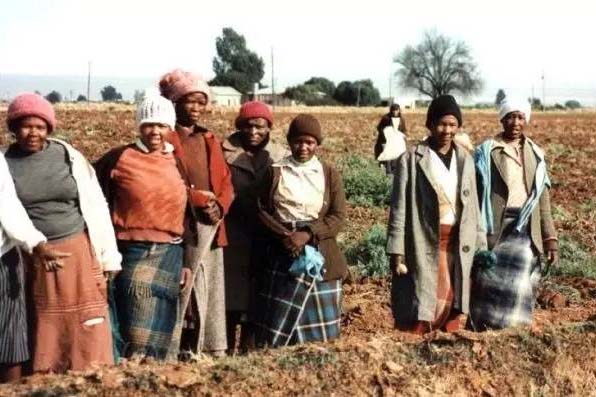Last week, South Africa’s two legislative Houses adopted a report that recommends that land expropriation without compensation should be written into law. The country’s Constitution will soon be amended for the first time in its nearly 25 years’ history.
The ruling African National Congress (ANC) party allied with the more radical Economic Freedom Fighters (EFF) to secure enough votes to pass the report by 209 to 91 votes in the National Assembly. The main opposition party, the Democratic Alliance (DA), called it 'flawed'.
On Wednesday, the higher House adopted the report by eight provinces to one. The Chief Whip of the ANC said that a motion would be brought to the National Assembly to take the matter further.
It follows ten months of consultations, public hearings, and a commission on the desirability of amending the constitution. Many legal experts say that Section 25, which deals with property and land expropriation, already covers the issue sufficiently.

South Africa Steps up Land Reform
Archbishop of Cape Town Thabo Makgoba shares this view. He said on Wednesday: “Action is more key than policy. Section 25 does empower the government to act. Looking at land reform over the years, very little has been done to redress. The key, again, is to let the locals be empowered to act, as opposed to the central government.”
In September, Makgoba wrote: “While our history gives us no choice but to redistribute land, I am not happy with the way politicians are playing on people’s hunger for redress.”
“Currently, the debate is smokescreen for past inefficiency in dealing with this issue,” Archbishop Makoba told churchtimes.co.uk. “All of us, Church, business, government and traditional leaders, must look at a solution. Urban land, and the dismantling of spatial apartheid housing, are key, and if changes are addressed to these, we have healing. If changes will improve the rural economy, we will have less chaos.”